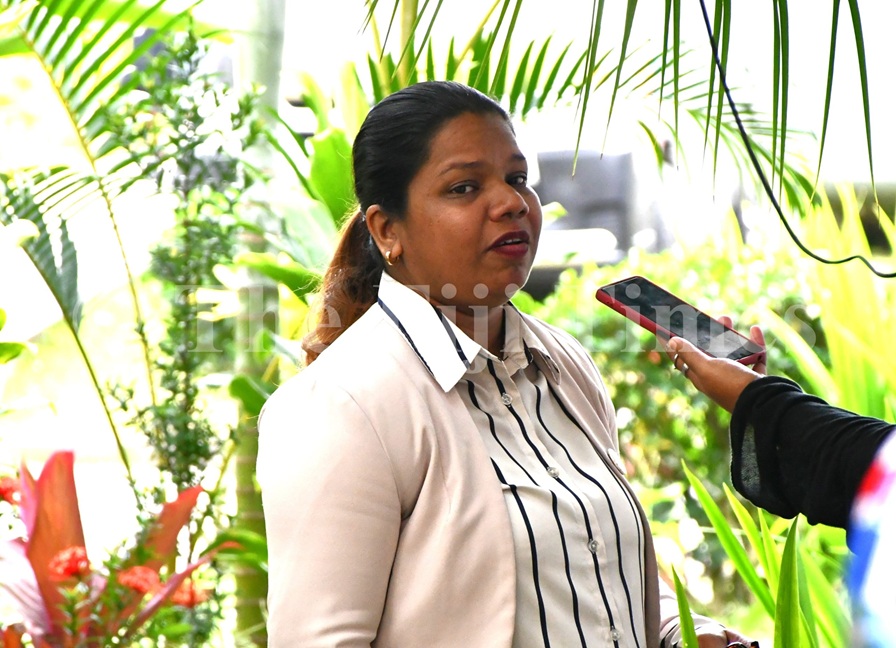More than 20 cases of mother-to-child HIV transmission were recorded in 2024, says the head of Fiji’s Family Health Unit Dr Rachel Devi.
Her remarks come as the World Health Organization (WHO), UNICEF and UNAIDS launched a joint Asia-Pacific regional roadmap for the triple elimination of mother-to-child transmission of HIV, syphilis and hepatitis B.
The roadmap is earmarked to run until 2030.
Dr Devi also said Fiji was working to address challenges by linking the prevention of mother-to-child services (PMTCT) with maternal and child healthcare.
She said PMTCT services were only available in tertiary and some sub-district facilities.
“The Fiji Government is developing a National Triple Elimination Plan for the next five years which aligns with the global and regional frameworks,” she said.
“There is hope. We want to leverage the fact that 99.8 per cent of our deliveries take place in hospitals.”
A statement from UNAIDS also said the roadmap would assess how 21 focus countries across the region had progressed in eliminating mother-to-child transmission of HIV, syphilis and hepatitis B since 2018.
UNAIDS regional director for Asia-Pacific and Eastern Europe Central Asia Eamonn Murphy said around 30 children contracted HIV every day in this region.
“No child should begin life with a disease we can prevent, and no family should miss out on the information, services and support to give their children an HIV-free start,” he said.
In addition, UNAIDS said prevention of mother-to-child transmission services averted nearly 72,000 new HIV infections among children in the region since 2015.
However, about 10,000 children were newly infected in 2023.
It states the roadmap is crucial to significantly decrease mother-to-child transmissions and outlines seven strategic priorities to guide national action. UNAIDS says these include policy leadership, universal service access, integration with reproductive and child health systems, community engagement and strengthened monitoring.



